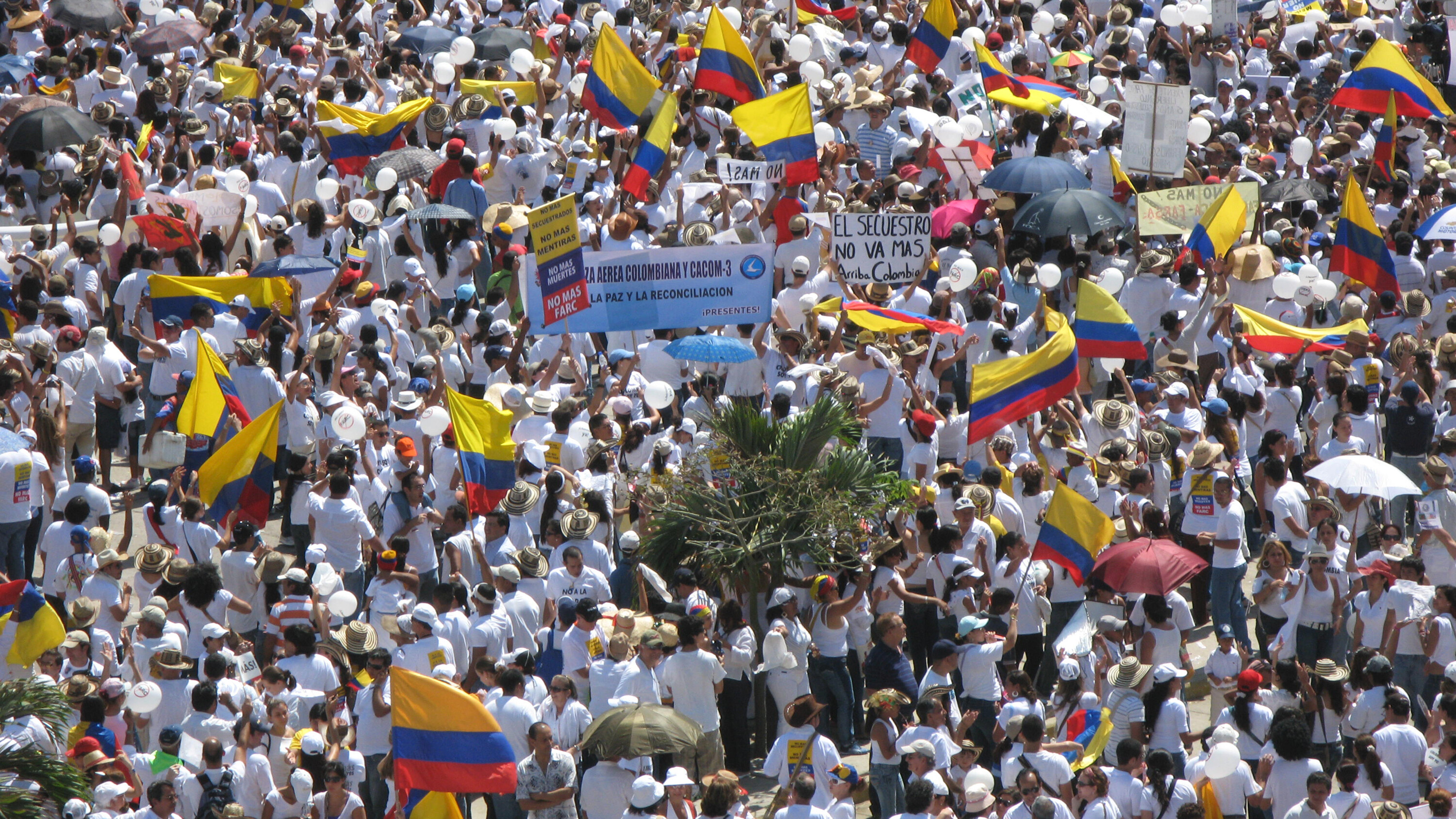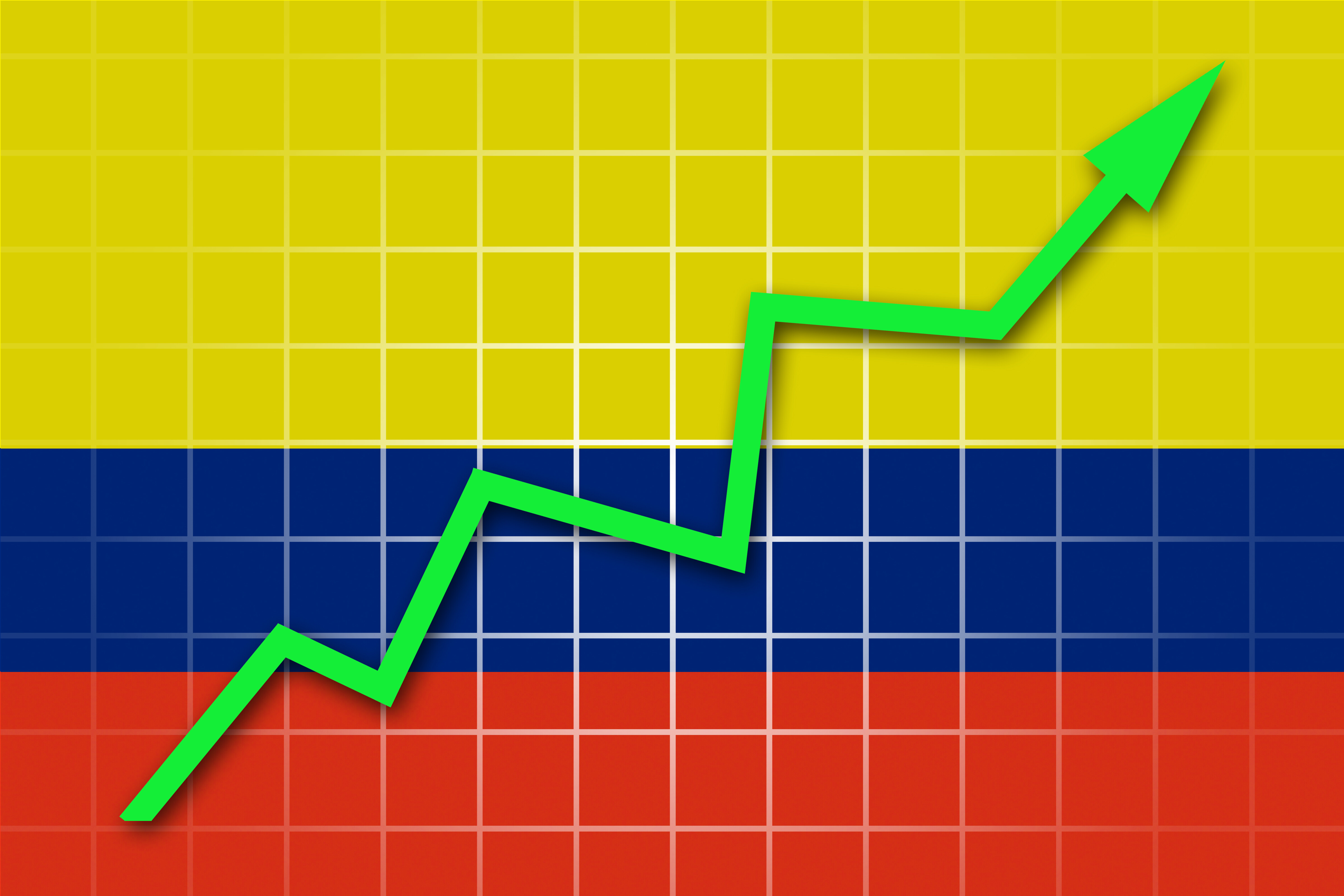Colombian President Santos Wins Re-election
Colombian President, Juan Manuel Santos survived a scare to secure a second-round election victory. LatAm INVESTOR looks at the impact on investors...

Another term
Incumbent Colombian President, Juan Manuel Santos survived a scare to secure a second-round election victory against a surprisingly strong challenge from Óscar Iván Zuluaga. Santos had held a strong lead in the year leading up to the election but this was gradually whittled down as his administration was hit by a series of problems. A corruption scandal that engulfed top military brass, frequent protests from agricultural workers and a renewal of terrorist attacks from guerrilla group Farc, all served to undermine the president. The latter was perhaps the most damning, given that the only difference between the two leading candidates was that Santos supported peace talks with Farc while Zuluaga opposed them. After a poor showing in the first round Santos recovered votes by emphasising the benefits that peace would bring. He also made much of his economic record, pointing out that GDP grew at an average annual rate of 4.8% in his first term while inflation is well under control at 1.9%. The message eventually got through as Santos, who finished behind Zuluaga in the first round, took home 51% of the votes in the second, leaving him well ahead of his rival’s 45%.
So how will it affect investors?
On the face of it – not much. After all both candidates favoured orthodox, market-friendly policies. The biggest difference between them is Santos’s emphasis on peace. In the short-term this dovish strategy and the general good feeling that peace talks create are probably more attractive to international investors than a President determined to wage war. In the longer-term a genuine peace would likely bring a ‘peace dividend’.

But although Santos has won the election, the hard work may only just beginning. For starters he will have to unwind the government spending spree that helped him win the election. David Rees from Capital Economics notes that “while strong government spending may have secured Mr. Santos’s re-election, it also caused the budget deficit to widen significantly. A reduction in government spending will weigh on demand over the coming months.”
Moreover the biggest drivers of Colombian growth are more likely to be structural economic factors than political ones. With commodity prices slowing there will be less incentive for foreign investors to spend billions of dollars on large extraction projects in the country. This FDI has been a useful source of capital, amounting to about 1% of GDP over the last few years. The fall in commodity prices will also hit the country’s terms of trade. This should prompt the government to help to drive a much-needed rebalancing of the Colombian economy, with more emphasis on manufacturing. Local producers should get a boost from the exchange rate, with the currency likely to fall as commodity prices slide. However, to really regain loss competitiveness they will need to become more productive. And that will require the government to deliver large infrastructure projects that could help cut costs for local firms.